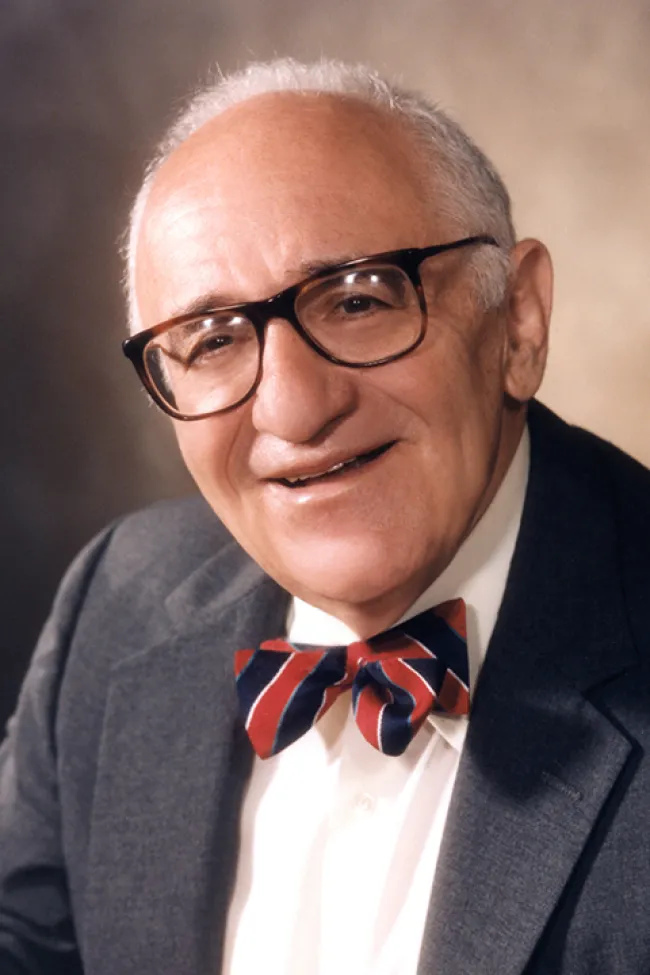More than any other single period, World War I was the critical watershed for the American business system. It was a “war collectivism,” a totally planned economy run largely by big-business interest through the instrumentality of the central government, which served as the model, the precedent, and the inspiration for state corporate capitalism for the remainder of the century.

No content found

Murray N. Rothbard made major contributions to economics, history, political philosophy, and legal theory. He combined Austrian economics with a fervent commitment to individual liberty.
The Bill of Rights transformed the Constitution from one of supreme and total national power to a partially mixed polity where the liberal anti-nationalists at least had a fighting chance.
The Bill of Rights transformed the Constitution from one of supreme and total national power to a partially mixed polity where the liberal anti-nationalists at least had a fighting chance.
Murray Rothbard recounts how during the French and Indian War (1754–63), Americans continued the great tradition of trading with the enemy.

